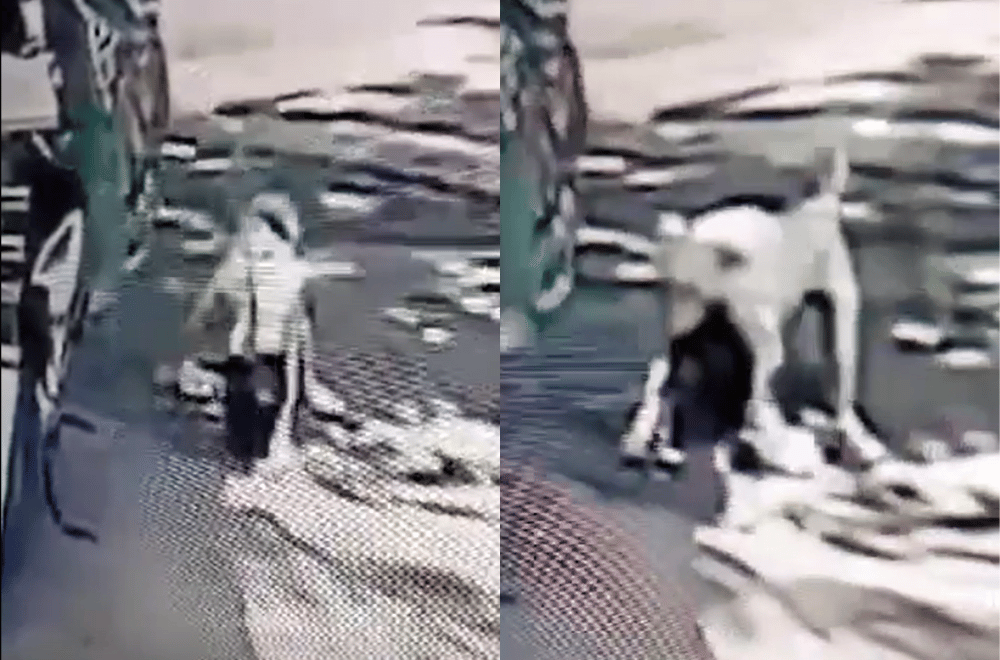A two-year-old girl sustained injuries in the head after a dog attacked her while she was walking in an alley in Barangay Lasip, Calasiao, Pangasinan.
The incident, captured on closed circuit television (CCTV), shows the child walking when a dog lunges at her suddenly, knocking her down.
“Noong dumating kami galing trabaho, ni-report agad [namin] sa [kanila] 'yung nangyari sa anak ko na may mga sugat at galos na sa ulo,” the child's mother said.
The dog’s owner reportedly helped shoulder the cost of the child’s vaccination.
Personnel of the Calasiao MHO visited the victim’s home to check on her condition. They learned that the family washed the wounds with soap immediately.
“Noong nakausap natin ang pamilya, nahugasan naman agad nila ng sabon,” Jierzon Baldueza Quinto, Head Nurse of MHO, said.
In October 2024 alone, MHO recorded 365 animal bite cases in the town.
Barangay officials are also tightening enforcement of the "Asong Mo, Itali Mo" ordinance.
"Nagpapabili na po ako ng mga kagamitan kung paano yung paghuli sa aso na pagala-gala. Para wala nang makagat," Barangay Lasip Chairperson, Dante Fernandez, said.
Dr. Arcely Robeniol, Pangasinan Provincial Veterinarian, said while it is natural for animals to play, it is essential to monitor them to prevent attacks.
"Meron tayong tinatawag na provoked and unprovoked. 'Yung provoked, yung possible na nasataktan n'yo siya or chini-chase mo siya. Yung unprovoked naman, 'yung dumaan ka lang, bigla ka niyang sinakmal," he said.
SLAUGHTERED
Meanwhile, the town’s health office is now monitoring some residents who allegedly slaughtered the dog after the incident and ate its meat.
According to Republic Act (RA) 10631 or the "Amendment to the Animal Welfare Act of 1998," killing a dog is illegal and punishable by law.
This law mandates the humane treatment of animals and ensures that animals, including dogs, are protected from cruelty, neglect, and exploitation.
Violators of this law may be fined or imprisoned.
Additionally, RA 10536 or the "Amended Meat Inspection Code of the Philippines," recognizes that "hot meat" is harmful, because it may come from animals slaughtered under inhumane conditions or without adherence to health and safety standards.
Hot meat refers to the carcass — or parts of a carcass of food animals — that were slaughtered at unregistered or unaccredited meat establishments and have not undergone the required inspection.
It also includes undocumented, illegally shipped, and unregistered carcasses, parts of carcasses, and meat products imported from other countries, as well as those classified as hot meat by the National Meat Inspection Service (NMIS).



